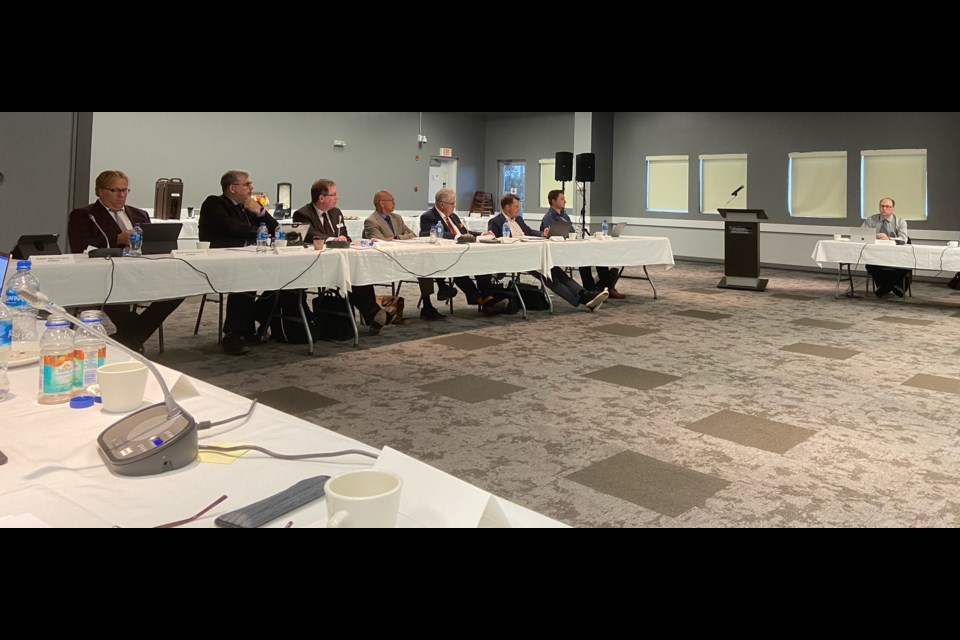YORKTON - When the mayors of Saskatchewan’s cities met in Yorkton last week they had a lot of issues to discuss ranging from policing costs to mental health and addiction concerns to property assessment.
It was not surprisingly a rather varied list and again not surprisingly, each will have to be taken to the province for action if anything is to change.
While local municipal governments have a lot of responsibilities, in most areas they have little power to change things, the parameters of much of what they do mandated by the province and laid out in legislation.
The province very much plays the role of controlling parent, allowing the cities just enough say to feel they are part of the process, but ultimately determining what they can do.
Nowhere is that better seen than in budgeting, where the province can deficit finance when it deems it necessary, but that same ability to determine local need is not afforded municipalities which cannot budget a deficit by legislation.
To the credit of the mayors meeting here, the issues they will take to the province are largely a matter of creating a better way of doing things.
The mayors want to see some assurance that municipal elections will be held in early September moving forward rather than being pushed back when the province decides to call their vote.
Yorkton Mayor Hippsley also takes on a new role coming out of the meeting, as he will chair a committee looking at mental health and addictions issues in Saskatchewan cities, and how best to facilitate better services.
As it stands the provincial departments of health, justice and social services, all play a role in regards to mental health and addiction services, said Hippsley, adding “sometimes they can’t share information well” between departments.
The new committee will look to be something of a liaison, he added.
Again this sees the mayors acting as a facilitator to change.
It would of course have been simple to simply come out of the meeting wanting more dollars from the province. The infrastructure deficit is certainly not improving locally, or across most municipalities, so more money is needed.
But coming out of the COVID-19 pandemic and now dealing with a drought hitting the key agriculture sector hard, extra money is simply not likely to be there from the province.
So it is wise to lobby for a change to the way some things, such as the currently hot-button property assessment process, is undertaken.
Not every request to make things better at the municipal level needs to come with a big price tag.
Sometimes it is making it easier for municipalities to do what they must do.





